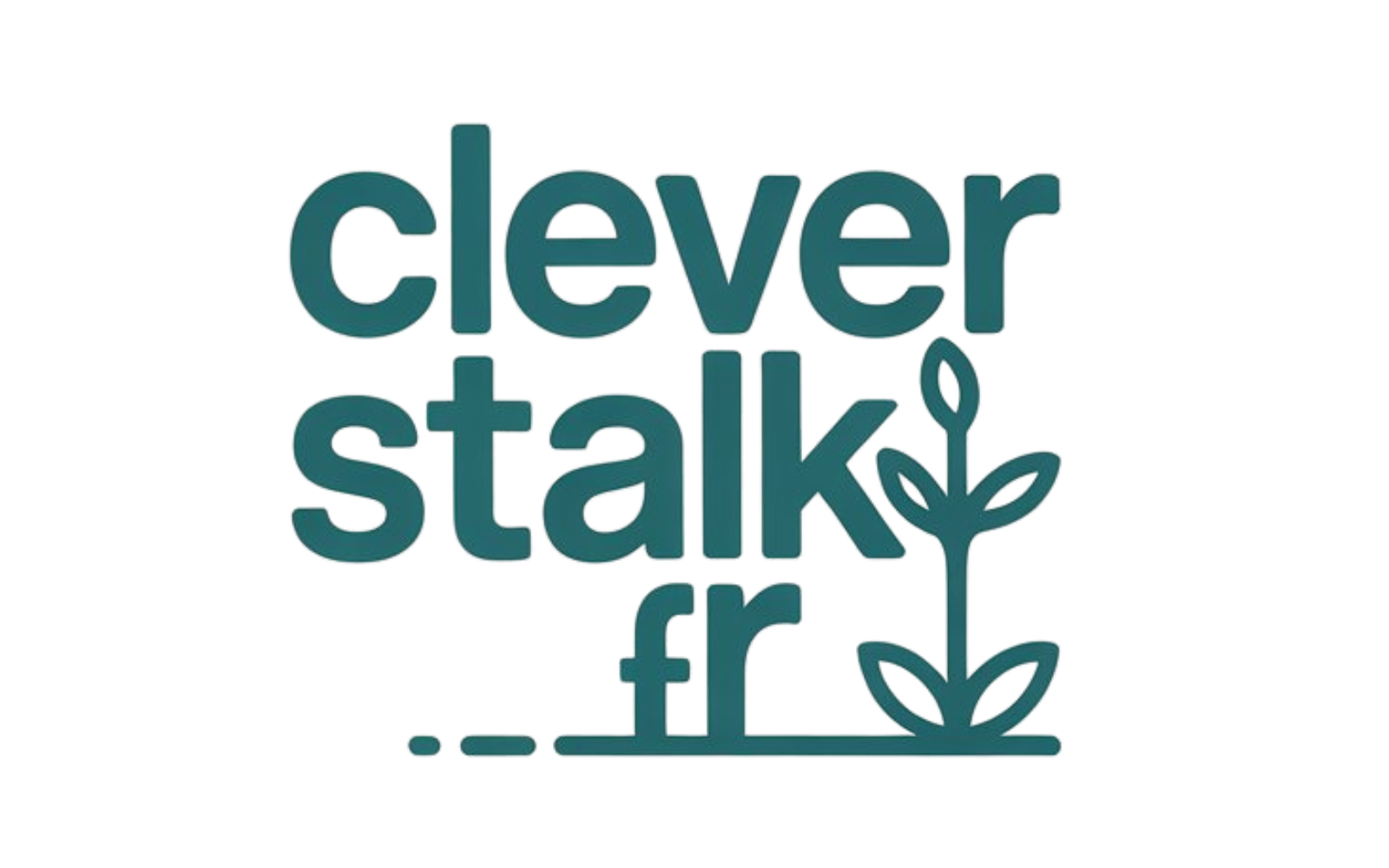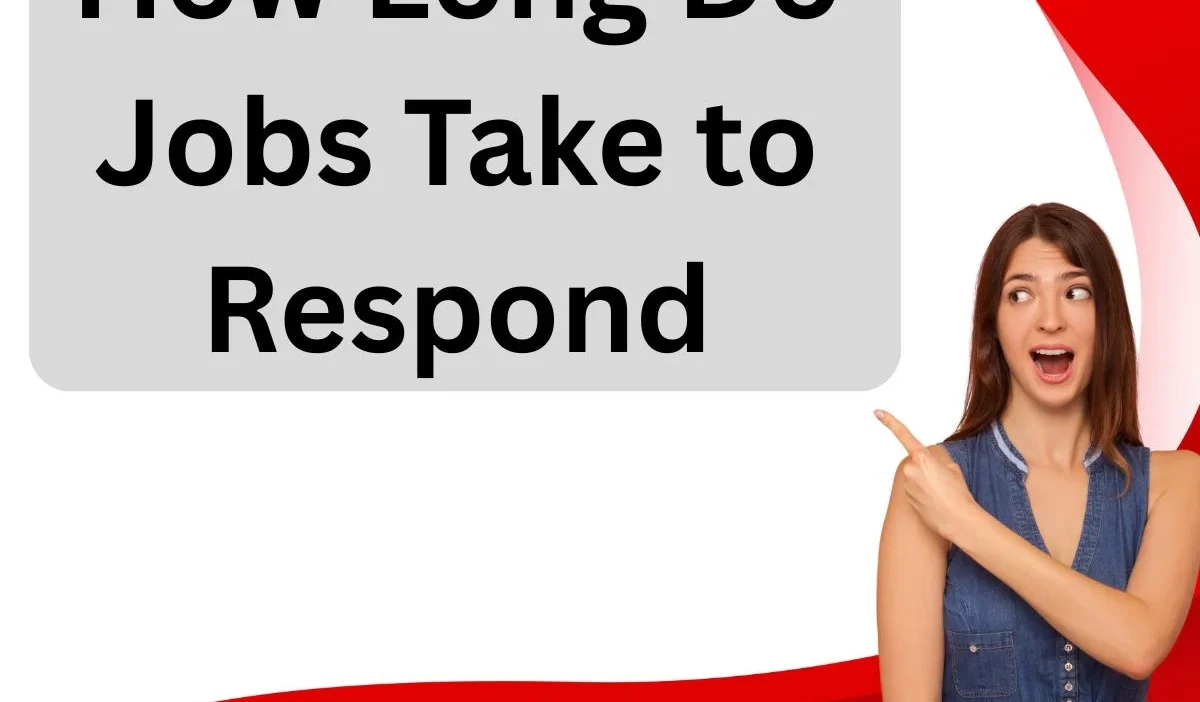When you apply for a job, one of the most common questions is how long it takes to hear back from the employer.
You might be wondering if you should expect a quick reply or if silence means something else.
If you’re searching for clear answers about typical employer response times, you’ve landed in the right place.
This article explains how long different types of jobs usually take to respond after you apply or interview.
You’ll learn what influences the waiting time and how to manage your expectations.
Whether you’re applying to a big corporation, a small business, or a government job, knowing what to expect can help you stay calm and confident.
Factors That Influence How Long Employers Take to Respond
Before diving into typical response times, it helps to know why some jobs take longer than others. Here are the main factors that affect how fast an employer replies:
- Number of applicants: The more applications they get, the longer it takes to review them all.
- Company size: Large companies often have longer hiring processes due to many decision-makers and formal steps.
- Job level: Senior or specialized roles usually involve more interviews and background checks, extending response time.
- Urgency to hire: If the position is critical, you might get a quicker response. If it’s not urgent, it can take weeks.
- Recruitment method: Some companies use automated systems to filter resumes, which can speed up or delay replies.
- Industry norms: Some industries, like tech startups, tend to move fast, while government jobs often have long processes.
- Interview rounds: More rounds usually mean more waiting between steps.
- Internal factors: Company vacations, budget reviews, or restructuring can slow down responses.
Typical Response Times for Different Job Stages
Knowing how long each stage usually takes can help you plan your follow-ups and reduce anxiety.
After Submitting an Application
- Many employers send an automated confirmation immediately or within 24 hours.
- Actual review and screening often take between 1 to 3 weeks.
- If you don’t hear anything within 2 weeks, it may be okay to send a polite follow-up email.
After the First Interview
- Most companies respond within 1 to 2 weeks after the first interview.
- Sometimes, you might be invited to a second interview before they give a final answer.
- If it’s been over 2 weeks with no word, a friendly check-in message is appropriate.
After Final Interview
- Final decisions usually take 1 to 3 weeks, depending on how many candidates remain.
- Some employers may give you an estimated timeline during the interview.
- If no timeframe is given, waiting up to 3 weeks before following up is normal.
For Temporary or Gig Jobs
- Response times are often faster, sometimes within a few days or even hours.
- Gig platforms may notify you quickly, but always check the job posting for timelines.
How to Handle Waiting Periods Without Stress
Waiting is the hardest part, but here are ways to stay positive and productive:
- Apply to multiple jobs to avoid putting all your hopes in one place.
- Set reminders to follow up politely after 10-14 days.
- Use the waiting time to improve your skills or prepare for potential interviews.
- Avoid assuming rejection just because you haven’t heard back yet.
- Keep your communication professional and polite when you do follow up.
When to Consider It a No Response
Sometimes, no reply after a long time means the employer has moved on. Here’s when to stop waiting:
- No response after 4 to 6 weeks is usually a sign to move on.
- If you sent follow-up emails and still got no answer, it’s time to focus elsewhere.
- Keep your tone positive if you reach out one last time to close the loop.
Conclusion
The time it takes for jobs to respond varies widely.
From a few days to several weeks, it depends on the company, the role, and the hiring process.
Knowing typical response times helps you set realistic expectations and plan your next steps confidently.
Patience is key, but staying proactive by applying broadly and following up politely can improve your chances.
Remember, silence isn’t always a rejection—it often means the process is still ongoing.
Stay calm, keep applying, and soon enough, the right job will respond.

